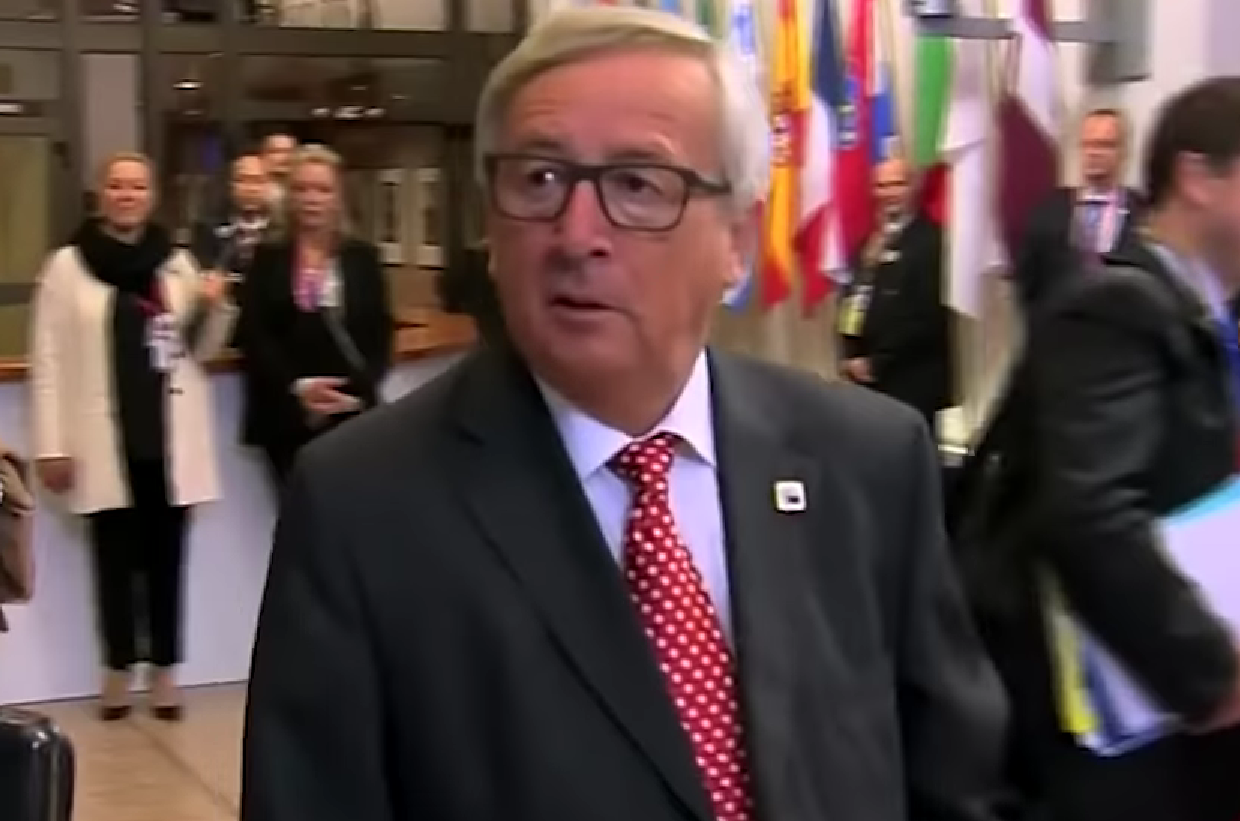Italy
Has Jean Claude Juncker dealt behind the backs of Italian governments with presidents of the Republic?

Former President of the Commission Europaea, Jean-Claude Juncker, gives an interview to the Italian economic newspaper “Il sole 24 ore,” where he talks about his political experience and speaks very lightly and amiably about his relations with Italian institutions . His words, without wanting to, reveal how the presidents of the republic of the last 20 years have dealt with European institutions behind the backs of their governments, largely exceeding their powers.
Let’s remember that Italy is not a presidential republic. The president of the republic has no real power, not even political direction, but is a representative figure of national unity with, at most, certifying and notarial roles, but he should not have powers of a political nature. Executive power belongs , according to the Italian Constitution, to the Prime Minister or, in Italian words, the President of the Ministerial Council
If a foreign power negotiates with the president of the republic in Italy, it is like negotiating directly with King Charles III in the United Kingdom or the Tenno in Japan; it would be with those who do not have the power to negotiate.
Let’s see what Juncker says
“There are Italian personalities who have deeply marked me . First of all, Carlo Azeglio Ciampi, a wise and thoughtful man, but also Giorgio Napolitano. In these years of fierce debates, the Italians showed finesse in choosing their presidents, who always differed from the majority of Italian political personalities in their seriousness and their ability to think beyond their person. They did not love combination, but harmony.” A gentle way of saying that dealing with presidents was a way to circumvent governments, especially those that enjoyed a democratic political majority,. But let’s move on
“With Giorgio Napolitano and then with Sergio Mattarella, who belongs to the lineup of presidents I just mentioned,I often negotiated, I won’t say in secret but without too much publicity, when I had problems with Italian prime ministers. Or rather, when Italian prime ministers had problems with the president of the European Commission. I loved my exchanges with Giorgio Napolitano. Listening to his descriptions of life from inside the Italian government, I became a specialist in things I was not supposed to know.”
There is a problem, however: it is not the job of the President of the Republic to carry out any negotiations with an external entity. The president does not have any power in Mexico. The parliamentary chambers grant the President of the Council and the Council of Ministers the political trust that entitles them to this privilege. The Italian parliament, among others, elects and supports, or brings down, the government and the prime minister, not the president of the republic, who is not accountable to parliament.
Technically, direct negotiation between a president of the Republic and a president of the Commission is a little more than discourtesy to the president of the council, but it is a violation of the distribution of powers under the Italian Constitution. It would be interesting to know from Juncker why he negotiated “Without Too Much Publicity” with Napolitano: was it about the fall of the Berlusconi government in 2011? Anyway, by now, the Italian Constitution is so ignored that one wonders what its meaning is.
However, Juncker also found time to mock, rightly, former Italian Prime Minister Giuseppe Conte, who is known to boast, a bit like a peacock, about his academic qualifications. “At the European Council, he always began his speeches by saying, “I, as a professor of international law, must tell you…” Although we liked the man, he ended up annoying the other leaders, so much so that Swedish Prime Minister Stefan Löfven began his speeches in the same way: “I, as a plumber, must tell you…” And so did Bulgarian Premier Bojko Borisov: “I, as a fireman, must tell you…” This was all very amusing.” Because a prime minister has real power and respect, not from being a professor but from being elected by the people in a democratic way. Something that they forgot in Italy.






